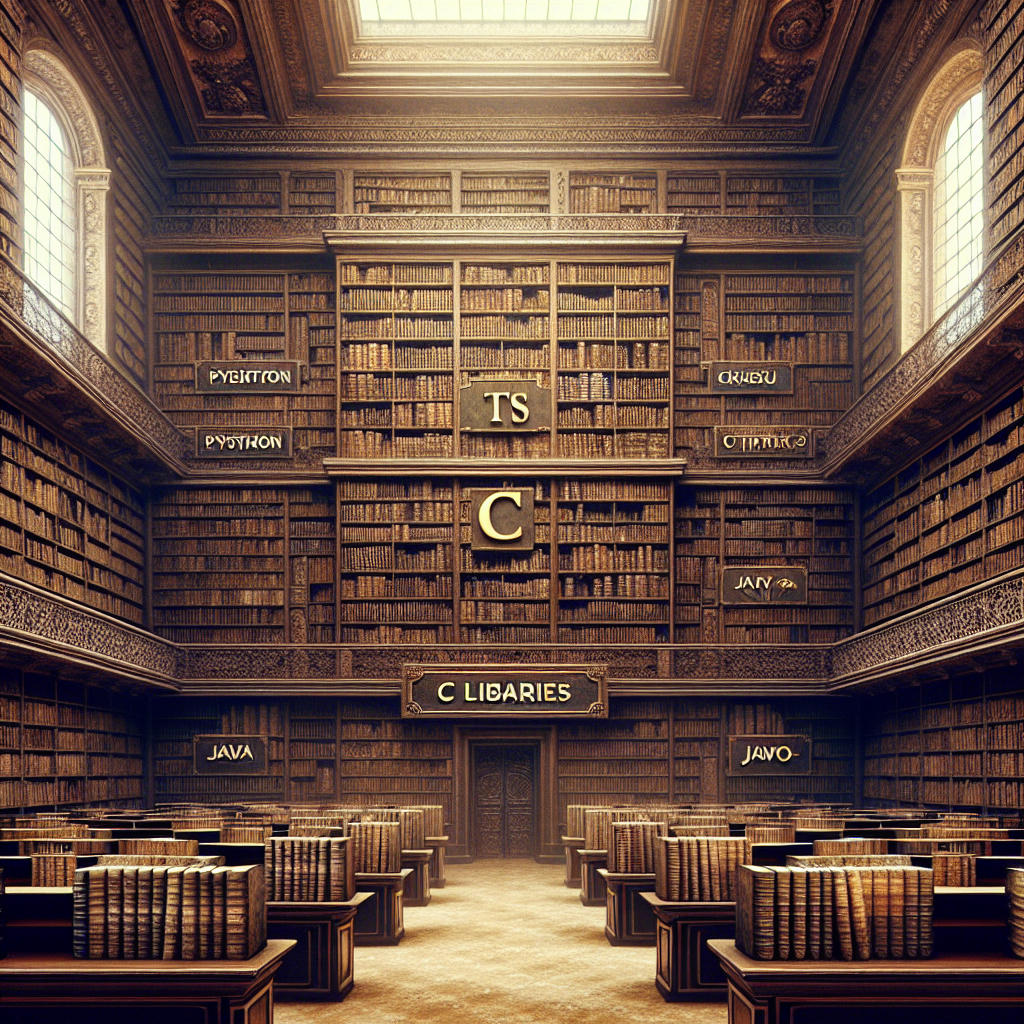In the ever-expanding universe of programming languages, where each day brings the birth of a new syntax promising to change the world, we stand on the brink of forgetting our roots. Yes, our humble beginnings wrapped in the cozy, curly braces of C. But fret not, for today we champion the cause of why C, the grandpapa of programming languages, is not just relevant but the only language you will ever need. So, grab your most comfortable pointer, and let's embark on this journey.
The first argument in our undeniable thesis is simple: efficiency. In today's climate of climate change, we can't afford to waste resources, not even CPU cycles. Utilizing C for everything means embracing the art of optimization. Imagine reducing the carbon footprint of your applications by hundredfold—yes, it's possible with C! So next time you're about to choose a more 'modern' language, ask yourself, do you hate the environment?
But it's not all about saving the planet. It's about challenge. Indeed, dancing with pointers, playing tag with memory allocation, and juggling buffer overflows becomes an art form. It's an intellectual ballet that not only sharpens your mind but also adorns it with the crown of computational understanding. A C programmer is not merely a developer; they are a computational gymnast, defying the gravity of high-level abstraction.
Moreover, if you think other languages have cool libraries and frameworks, let's not forget that C is the Godfather. It whispers commands to the machine in a way that other, newer languages can only dream of doing through their virtual machines. From operating systems to embedded devices, the digital world bows to the might of C. It's not just writing code; it's crafting digital legacy.
And who can forget the sheer ecstasy of debugging in C? There's no modern IDE that can coddle you through the process. It's just you, your code, and the compiler's cryptic messages, like a cryptographer decoding ancient manuscripts. Each segmentation fault is not a setback but a riddle wrapped in a mystery inside an enigma. Solving it not only fixes your program but evolves your coder soul.
In conclusion, heralding back to the time of its inception, C has stood the test of time, not by being the fastest or the easiest but by being the most majestic. It's not about writing code; it's about writing history. So the next time someone questions your choice of programming language, just remember: C is not just a language; it's a lifestyle. Let's not be mere developers but craftsmen, poets of the pointer, warriors of the while loop, in the never-ending epic that is C programming.


